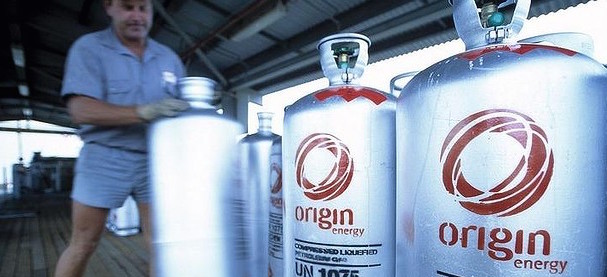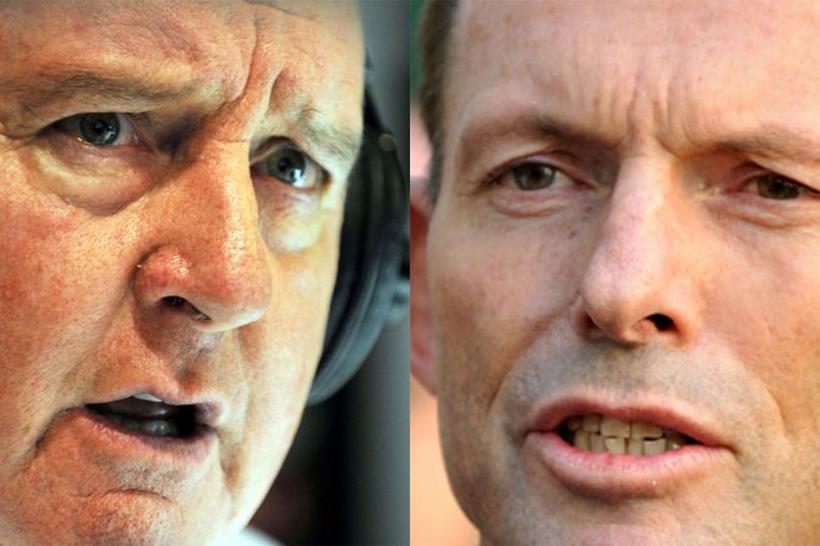
In July last year I wrote an article about scenario planning.
I was prompted to write because of what I saw as the folly of funding agencies at the time. Whether from Australia, France, New Zealand, the UN, or the World Bank, these agencies were encouraging the use of renewable power – especially around the Pacific – while excluding the possibility of making diesel generation more efficient and economically viable.
I wrote: “There is a limit to which electricity generation, which is variable in supply from sources such as wind and sun, can be a part of the mix of a reliable baseload supply.
“The current business cases are built on an increasing cost of petroleum fuel. However, a quite believable scenario is that the US, on the back of their newly accessible, cheap, and plentiful supply of shale oil and shale gas, will become a net exporter rather than heavy importer of energy. This will drive oil prices down, as shown in a Thoughts on the Line below:”
My sketch depicted that instead of oil prices steady rising, we could have a situation where prices fell due to the US becoming self-sufficient in oil on the back of horizontal drilling of shale oil and gas reserves. Increasing renewable energy targets relied on oil being more expensive to be economically viable.
I was struck therefore by what has occurred with the price oil in the last six months.

Source: 6 Month Crude Oil Prices and Price Charts (2014). InfoMine, http://www.infomine.com/investment/metal-prices/crude-oil/6-month/
Struck not because my prediction came true; that seemed inevitable. But struck by the accompanying headline saying that Santos and Origin Energy are terribly exposed to an OPEC decision not to cut production to bolster prices.
When I wrote the first article after attending a Pacific Power Association meeting, I was frustrated I thought there had been and would continue to be no risk management applied here. I additionally thought we are making poor little nations take higher hits on the pedestal of renewables than Australia was willing to make, when the cheaper option was probably to fix their old diesel systems. I’m all for solar and wind, but not through poor little nations who contribute very little to climate change but who will suffer the most from it.
I was flabbergasted to learn in addition though, that two companies of Origin and Santos’s size and capability could have got their management of risk so wrong to be leveraged to continued higher prices of oil.
If this lift in production to make the biggest economy in the world self-sufficient causes prices to fall anywhere near back to where they have been in the past, what will the impact on those companies’ shareholders be ?

Source: Historical crude oil prices (2014). InfoMine, http://www.infomine.com/investment/metal-prices/crude-oil/all/.
Perhaps the shareholders should be asking the board that question. The technology to drill horizontally through shale has been known about for ten years.
Scenario planning could have – and should have – helped both Pacific Nations and Santos and Origin Energy avoid poor outcomes through poor risk management. Santos and Origin shareholders will be worse off, but not as badly as Pacific Islands who will be locked into expensive and difficult-to-manage energy solutions when their energy costs should be falling.
Image of Origin Energy LPG tanks sourced from The Age.







